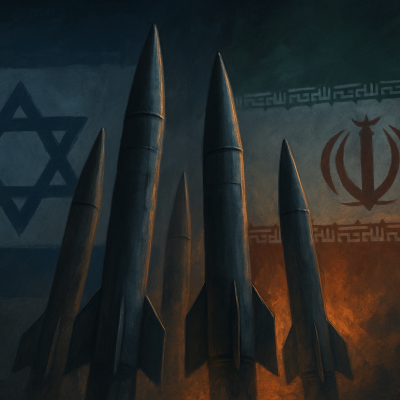Satoshi Ikeuchi, Professor, Religion and Global Security, University of Tokyo.
Throughout the year 2019, we have celebrated the 30th anniversary of the fall of the Berlin Wall. There was not much festive mood. It was as if we were mourning an era that was being lost. We, East Asian nations living in free and democratic regimes, are witnessing a looming wall of China.
Qin Shi Huang (220–206 BC), the first Emperor of China, is famous for the construction of the Great Wall made of stones.
But this time, the new wall which is being built around the Chinese regime is not a physical one but by cyber and psychological means. This information barrier is far more divisive at times.
Recently, there have been series of incidents in which Japanese businessmen and scholars visiting China were detained by various branches of Chinese security apparatus. In none of these cases, the grounds for arrests were disclosed and those arrested were charged for vague claims of spying.
There is an ominous sign of changes in Chinese attitude towards the outside world.
Japan has been a close ally of the United States in the East Asia after World War II but has always maintained cordial relationship with China even when it was part of the Eastern Bloc.
Since December 1978 when the Communist Party of China started the so-called “Reform and Opening-up Policy,” Chinese economy has been inseparably connected with Japan. Knowledge and technology which were transferred from Japan were the cornerstones for China’s “Socialist Market Economy” and the money provided by Japanese government within the framework of the Official Development Assistance gave a needed impetus for the take-off of Chinese economy.
Those are stories from a bygone era and Japanese are now witnessing China becoming day by day more arrogant and bullying.
Before, China used to allow foreigners some breathing spaces within its heavily restricted and monitored public space, as if it kept enclaves for the people from the free world. Now, China seems decided to close down those enclaves of freedom, demanding all nationals to fully subjugate themselves, as if kowtowing to the Great Chinese Emperor. There is an evident sign of China intending to extend this area of submission outside its territory, in the media coverages of China, the classroom discussions in universities and even in the conversations in the SNS platforms like TikTok.
If this trend stays on, there’s going to be a point where Japan has to choose between two worlds, either inside or outside of the Great Wall.





